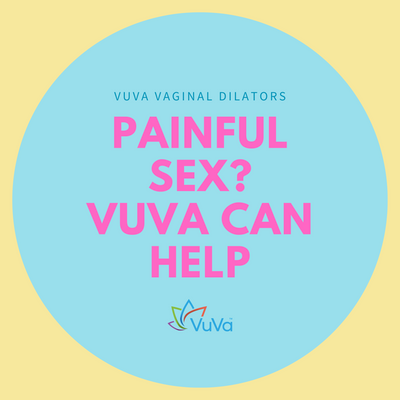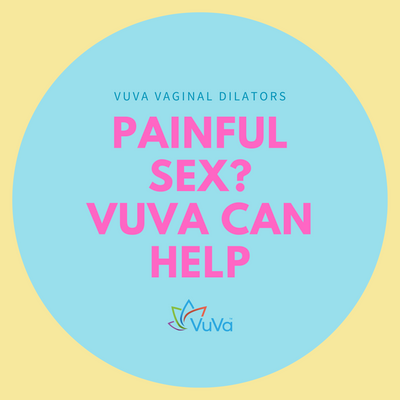
| Caroline Knight
Do I Need Dilators After Breast Cancer? Yes and Here’s Why
If you are undergoing breast cancer treatment – in particular, chemotherapy or endocrine therapy – you probably have concerns about the impact it will have on your body. Undergoing such therapies can be very traumatic for the body, which makes it a challenging process. Unfortunately, for some women there are after effects that also need to be taken into consideration. Many women find that they need to use dilators after breast cancer, but they are often unaware of this potentiality at the start.
Since the cancer affects the breast area, it may not occur to you that the after effects can manifest in other areas of the body. However, there is a high instance of vaginal issues in women who have undergone medical treatment for breast cancer. Statistics show that up to 70% of women need to use dilators after breast cancer treatment. This article aims to shed light on the situation so that you can prepare for this possibility in advance.
Why do you need dilators after breast cancer?
You may need to use vaginal dilators after cancer therapy because some treatments can cause what is known as atrophic vaginitis. Chemotherapy and endocrine therapy can lead to dysfunction in the reproductive system. For some the result is ovarian failure, which is why women may become infertile after their treatment.
For many others, the result is atrophic vaginitis (also called vaginal atrophy), which is something that can happen naturally to post-menopausal women once their estrogen levels decline. Vaginal atrophy may affect up to 50% of women after the menopause, so it’s certainly not uncommon. Post-menopausal breast cancer survivors are even more likely to develop atrophic vaginitis though – the statistics indicate that it will affect 70% of women in this category.
After chemotherapy treatment, for example, the estrogen that normally circulates and reaches the urinary and vaginal receptors ceases to do so, which essentially induces early menopause. This can happen even if you’re below 40 years of age. The symptoms of atrophic vaginitis are likely to necessitate the use of vaginal dilators after your cancer treatment ends. Symptoms include vaginal dryness, irritation of the vulva area, burning and soreness, inflammation, dyspareunia (painful sex) or bleeding after sex, vaginal stenosis (shortening or constriction of the birth canal), thinning of the vaginal walls or skin, discharge, urinary incontinence and pruritus.
Using vaginal dilators after breast cancer
You may find that you have a few of the above symptoms of vaginal atrophy if you’ve undergone one of the breast cancer treatments mentioned above. If you have vaginal stenosis, for example, sex (or any kind of penetration) can become difficult. It is necessary to use vaginal dilators after your breast cancer treatment is finished so that you can maintain the shape and size of your birth canal.
Dyspareunia is also a common side effect, so vaginal dilators for pelvic floor physical therapy can help you to become accustomed to the sensation of penetration at your own pace. Another issue for cancer survivors in the womens health arena is atrophic vaginitis or vaginal atropgy which is that any of the aforementioned symptoms might lead to fear of penetration, which in turn can develop into the condition known as vaginismus. Naturally this disrupts your sex life, and it may be necessary to overcome the fear of penetration with vaginal dilators.
Vaginal Dilators are often recommended for breast cancer survivors as they stretch out the birth canal gradually, which aids in the restoration of normal function and sexual habits. As a result, you are likely to overcome sexual problems much more quickly. Pelvic floor physical therapists also use vaginal dilators as part of their treatment plan for women with vaginal atrophy, which indicates both their efficacy and safety.
In case you’re wondering whether vaginal dilators really work, let us put your mind at ease. We’ll also be happy to answer any questions you may have about using our dilators after breast cancer, so don’t be afraid to ask for product advice any time.
VuVa Helpful Links:
7 Reasons for a Tight Vagina and How to Loosen
How to Relax Vaginal Muscles, Vaginismus & Sex
Vaginal Stretching - Keeping in Shape with Dilators
Do Dilators Really Work? Yes, and They can Improve Your Sex Life!
Shop for VuVa Vaginal Dilators















